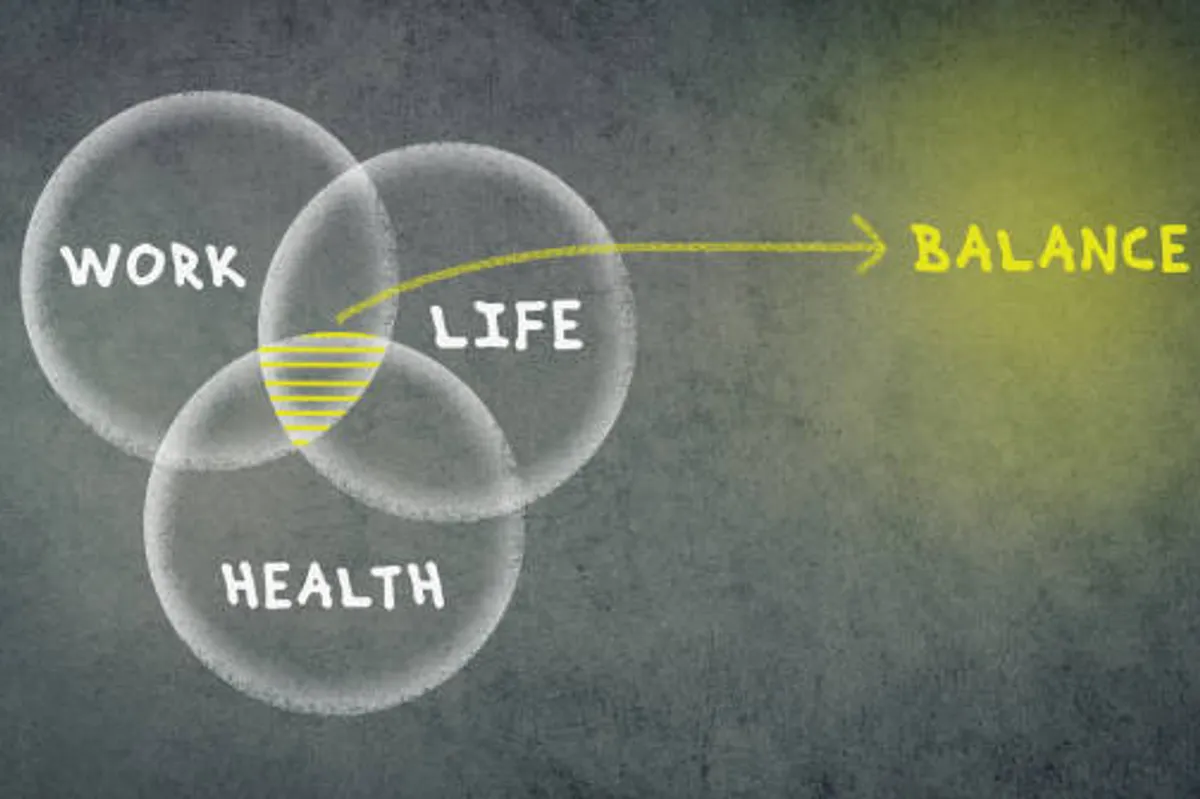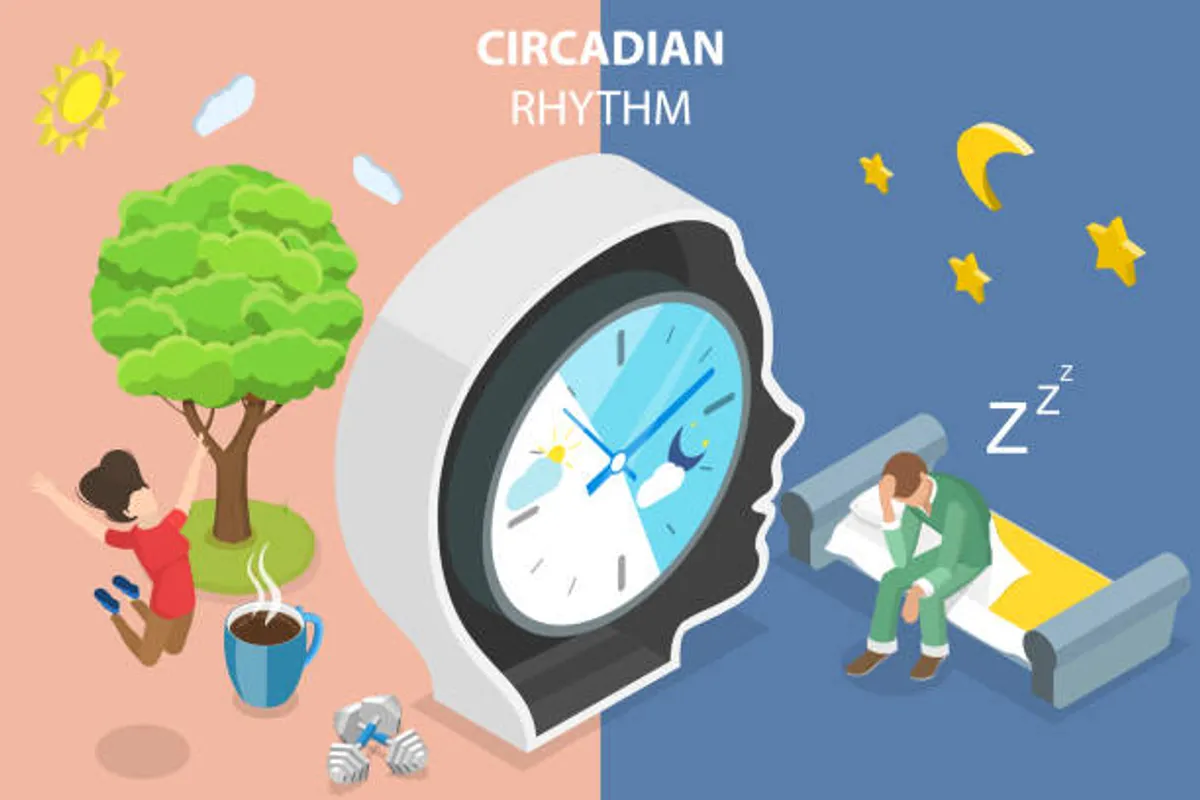
Gut Health & Mental Wellness: Foods That Heal

GeokHub
Contributing Writer
In recent years, science has uncovered a powerful truth: your gut and your brain are deeply connected. What happens in your digestive system doesn’t just affect how you feel physically — it can shape your mood, mental clarity, and emotional resilience.
From anxiety and brain fog to fatigue and irritability, poor gut health may be quietly fueling many mental health challenges. The good news? Changing what you eat can help restore balance and calm, naturally.
The Gut-Brain Connection
The gut is home to more than 100 trillion bacteria, collectively known as the gut microbiome. These microbes play a critical role in digestion, immunity, and the production of key brain chemicals like serotonin, which regulates mood and sleep.
In fact, nearly 90% of serotonin is produced in the gut — not the brain. That’s why scientists often call the gut our “second brain.”
When your microbiome becomes imbalanced (a condition known as dysbiosis), inflammation can rise, nutrient absorption drops, and the communication between gut and brain weakens. This disruption has been linked to depression, anxiety, and even cognitive decline.
Signs Your Gut Might Be Affecting Your Mental Health
You don’t need lab tests to suspect something’s off. Here are common clues:
- Frequent bloating, gas, or stomach pain
- Sugar cravings and unstable energy levels
- Trouble concentrating or feeling “foggy”
- Sudden mood swings or irritability
- Poor sleep or fatigue
If several of these sound familiar, your mental and digestive systems may both benefit from a reset.
Foods That Heal the Gut — and Calm the Mind
1. Fermented Foods (Natural Probiotics)
Yogurt, kefir, kimchi, sauerkraut, and kombucha are rich in probiotics — beneficial bacteria that help restore microbial balance.
Regularly consuming them has been shown to lower stress hormone levels and improve mood in several clinical studies.
Tip: Choose low-sugar, naturally fermented options.
2. Prebiotic-Rich Foods
Probiotics need fuel — and that’s where prebiotics come in.
Foods like garlic, onions, bananas, oats, and asparagus nourish the good bacteria in your gut, helping them thrive.
Balanced prebiotic intake can enhance emotional stability and reduce anxiety-related behaviors, according to research from King’s College London.
3. Omega-3 Fatty Acids
Found in salmon, sardines, walnuts, and chia seeds, omega-3s reduce inflammation and support healthy brain cell communication.
They’re also linked to lower rates of depression and sharper focus.
If you don’t eat fish, consider an algae-based omega-3 supplement.
4. Fiber from Whole Foods
A high-fiber diet helps feed good gut bacteria and keeps digestion smooth.
Aim for whole grains, lentils, leafy greens, and colorful fruits — each meal should have some form of fiber to maintain gut harmony.
5. Polyphenol-Rich Foods (Antioxidants)
Dark chocolate, green tea, olive oil, and berries are packed with polyphenols that protect gut bacteria and combat oxidative stress in the brain.
They act like “shield foods” for both the gut lining and your mood.
What to Limit (Gut-Sabotaging Foods)
Certain foods disrupt the microbiome and may worsen anxiety or low mood:
- Processed snacks and refined sugars
- Artificial sweeteners (especially aspartame)
- Alcohol and fried foods
- Overuse of antibiotics without medical guidance
These can strip away beneficial bacteria, inflame the gut, and trigger mood imbalances.
The Lifestyle Link: Beyond Food
Gut healing doesn’t end at your plate. Your lifestyle also shapes microbial diversity.
- Sleep deeply: Gut bacteria follow circadian rhythms too.
- Manage stress: Meditation and exercise support microbial balance.
- Stay hydrated: Water helps good bacteria thrive.
Even 20 minutes of walking or deep breathing daily can positively impact the gut-brain axis.
Final Thoughts
Caring for your gut isn’t just about digestion — it’s about emotional balance, energy, and mental clarity.
By eating more whole, probiotic, and fiber-rich foods, you’re nourishing your brain from the inside out.
In a world that constantly demands mental strength, your gut might be the quiet ally you’ve been overlooking.








